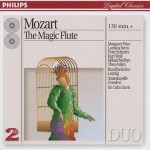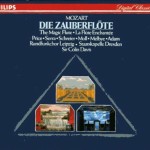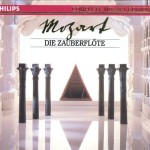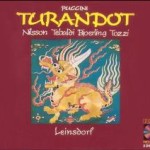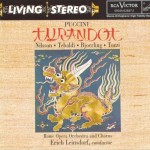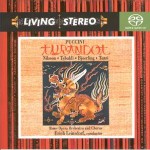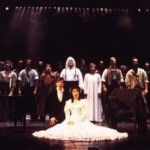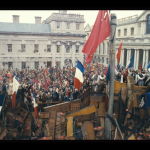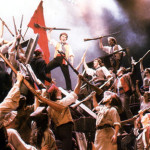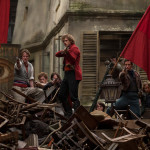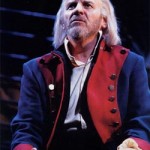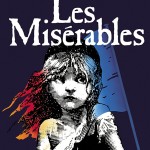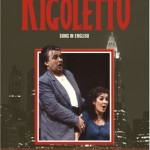1984, Philips
(Peter Schreier, Margaret Price, Mikael Melbye, Luciana Serra, Kurt Moll, Robert Tear; Rundfunkchor Leipzig; Staatskapelle Dresden, cond. Colin Davis)
This was the first Flute recording I ever heard and one of the first complete opera recordings I ever owned. Part of my attachment to it may be nostalgic, but still I think I can safely call it one of the best Flutes available. Sir Colin Davis offers an excellent, quintessentially modern reading of the score: slower and heavier than a period instrument performance, yet lighter and livelier than Read the rest of this entry »




